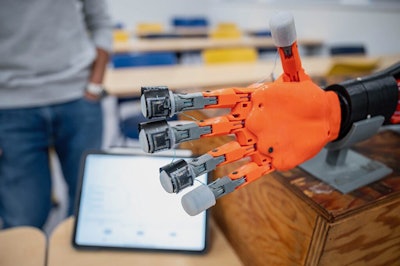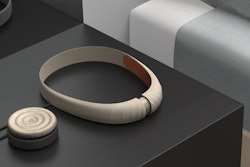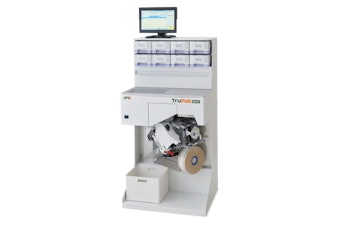
University of British Columbia
According to a recent Medgadget article, engineers at the University of British Columbia, in collaboration with Honda, have developed a stretchable e-skin for robotic prostheses. This innovative skin, made of elastomer, is highly sensitive, allowing robotic hands to perform intricate tasks with dexterity and tactile feedback, such as holding fragile objects like eggs or glasses of water. The e-skin contains deformable capacitators that can distinguish between normal and shear forces, enabling precise control in interacting with grasped objects.





















